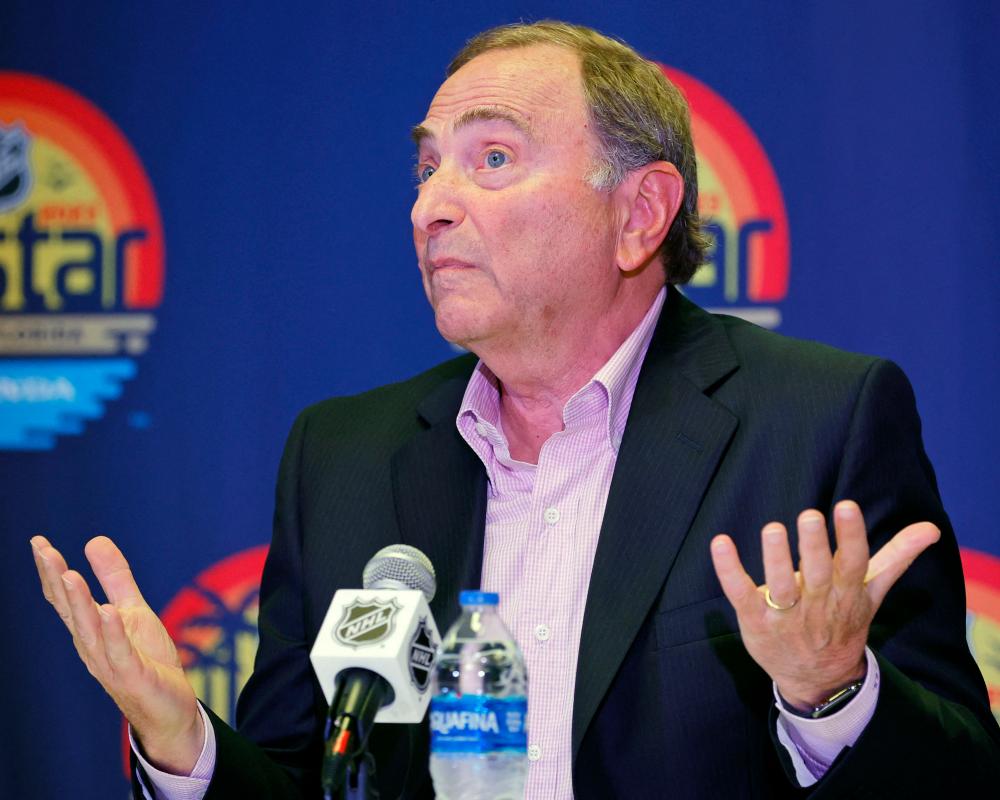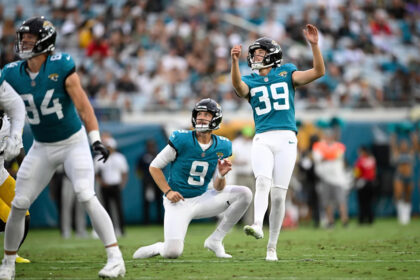NHL Commissioner Gary Bettman once emphasized that individual expression within an inclusive environment fosters innovation, creativity, and sound decision-making—key elements for the growth of sports and business. He highlighted the importance of acknowledging factors like nationality, race, gender identity, sexual orientation, disability, and religion, along with their complex intersections.
Recently, Bettman was appointed to Donald Trump’s sports council alongside NHL icon Wayne Gretzky, Florida Panthers captain Matthew Tkachuk, and other sports figures. This council is tasked with roles such as preserving traditional university athletics, including protecting men’s sports from interference by women’s sports, a stance that raises questions about genuine understanding of gender identity issues.
Bettman’s actions on social matters have been inconsistent. For example, in 2023, the NHL planned a career fair to promote workforce diversity—a necessary move given the league’s largely white employee base (around 84%). However, after criticism from the governor’s office and controversy over comments about discrimination against white people, the NHL canceled the event.
Later that year, instead of supporting a team’s decision to wear pride-themed warm-up jerseys, the NHL stepped back, encouraging dialogue on social issues but avoiding direct involvement. Bettman ultimately scrapped the Pride jerseys, labeling them a distraction from the league’s message of engagement.
This wavering stance leaves fans questioning Bettman’s true position on cultural and social matters. His role on Trump’s sports council appears to align with restrictive views against transgender athletes, particularly trans women in university sports—though fewer than 10 trans athletes compete in collegiate sports. This raises concerns about presenting all social perspectives as morally equivalent, especially when some promote exclusion.
Refusal by players to wear pride jerseys isn’t a mere fashion choice but rather signals a worldview rejecting LGBTQ+ inclusion, highlighting deep issues within the sport. Harrison Brown, the first transgender professional hockey player, stressed the importance of institutional acceptance and the progress needed for a truly inclusive hockey environment, which conflicts with current league attitudes as represented by Bettman and his associates.
When Bettman became commissioner in 1992, he expressed a desire to expand the sport’s appeal and push the league toward progress. However, recent actions suggest a reversal, risking harm to players and fans while threatening hockey’s future growth. While diversity and inclusion may not be a priority for Bettman in 2025, embracing these values is essential for the sport’s success and survival. If Bettman is to remain involved in leadership circles, he should at least stand against regressive forces rather than align with them.
Fan Take: This news is significant for hockey fans because it highlights ongoing struggles within the NHL over inclusion and the embrace of diversity. How the league addresses these issues will shape the sport’s culture and its ability to grow and attract future generations of players and fans.



